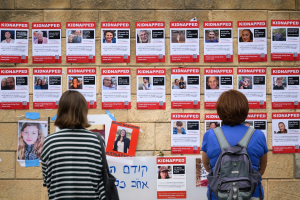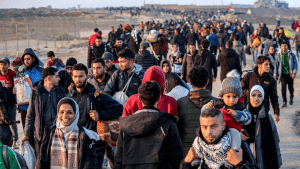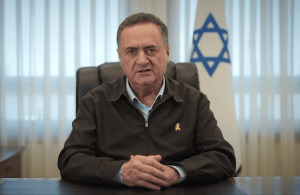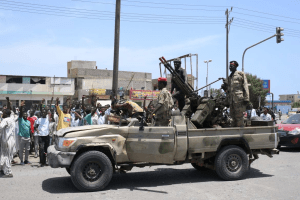Syrian officials seek loans at Washington finance talks
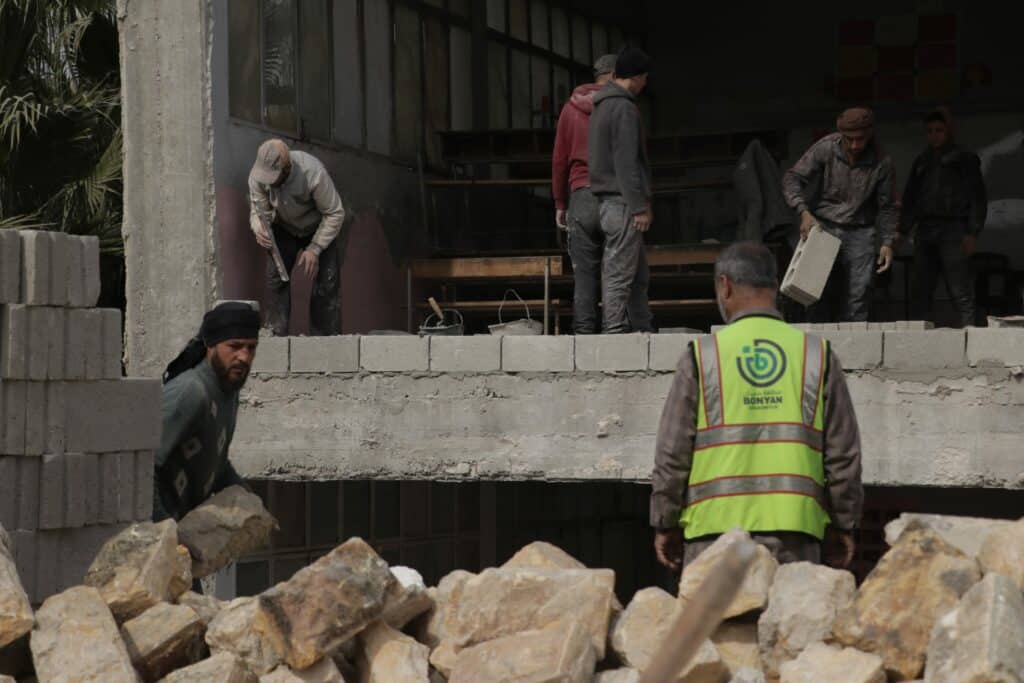
Syria is making its first real bold move to become a pseudo western vassal as it turns to the international community seeking urgently needed cash to rebuild the country.
Members of the Syrian government are set to attend high-level financial talks in Washington next week, officials confirmed on April 15th, as the country seeks international loans amid significant challenges to meeting its vast reconstruction needs.
According to The National, the six-day annual meeting of the World Bank and International Monetary Fund will mark Syria’s first major presence at such an event in a decade.
Syrian officials appointed by Hayat Tahrir Al Sham (HTS) will use the opportunity to engage in talks with global financial leaders in Washington and engage with key decision-makers in international lending.
HTS, an armed group formerly affiliated with Al Qaeda, has controlled most of Syria since the overthrow of Bashar Al Assad on the 8th of December 2024.
According to a World Bank official who spoke with The National, Finance Minister Mohammed Bernieh and Central Bank Governor Abdul Qadir Al Hasriya have been registered as Syria’s official representatives at the summit.
Bilateral meetings will explore Syria’s potential access to $100 million to $200 million in development aid, as the country qualifies as a low-income nation.
“It will be the first attendance for Syria for about a decade,” the official said.
On April 15th, Syrian President Ahmad Al Shara held talks in Qatar as part of a wider diplomatic push to reintegrate Syria into the global community—an effort that has recently seen him visit Turkey, the UAE, and Saudi Arabia.
Foreign Minister Asaad Al Shibani hailed Qatar as a nation “that has stood by Syrians from day one and has never abandoned them”.
A Syrian source in Washington said that the delegation’s presence at the meetings is expected to initiate a formal lending relationship with the World Bank.
Moreover, there has been no indication that the United States will support funding major reconstruction efforts.
Syria is estimated to require tens of billions of dollars to rebuild its basic infrastructure, including water and power systems, hospitals, and schools.
In January, the United States eased certain sanctions on Syria, though key restrictions on the government and several sectors remain in place.
US State Department spokeswoman Tammy Bruce expressed sympathy for “the struggles of the Syrian people who have [for] suffered decades under the Assad regime”.
However, Washington has made cooperation conditional on Damascus suppressing terrorism, sidelining “foreign terrorist fighters” and “verifiably” destroying Mr Al Assad’s chemical weapons, as well as ensuring freedom for the country’s minorities.
Syria’s economic decline can be traced back to its transition to a command economy in the 1950s, which prohibited most private enterprise.
These restrictions were deepened following the 1963 coup that brought the Baath Party to power.
For much of the following decades, Syria depended on support from the Soviet Union and Gulf state grants.
When Bashar Al Assad succeeded his father Hafez in 2000, he introduced limited reforms, including the establishment of privately owned banks and currency exchanges.
Nonetheless, Syria remained largely isolated from the global financial system—due in part to Western, particularly US, sanctions.
The situation deteriorated further during the protracted civil war.
According to the latest World Bank figures, Syria’s gross national income stood at $15.88 billion in 2022—less than half of its 2010 figure of $53 billion, recorded just before the uprising against Assad.
The 2011 revolt spiraled into civil war by year’s end and lasted until Assad was deposed by HTS forces in December 2024.
Bassam Barabandi, a former Syrian diplomat with close ties to Gulf states, revealed that Saudi Arabia intends to cover the $15 million in arrears Syria owes the World Bank.
Both Riyadh and the Bank have declined to comment.
Saudi Arabia remains the most prominent Arab supporter of Syria’s current government.
Meanwhile, President Al Shara has placed economic recovery and the lifting of US sanctions at the heart of his foreign policy agenda.
The National. Maghrebi. Levantis
Want to chase the pulse of North Africa?
Subscribe to receive our FREE weekly PDF magazine





